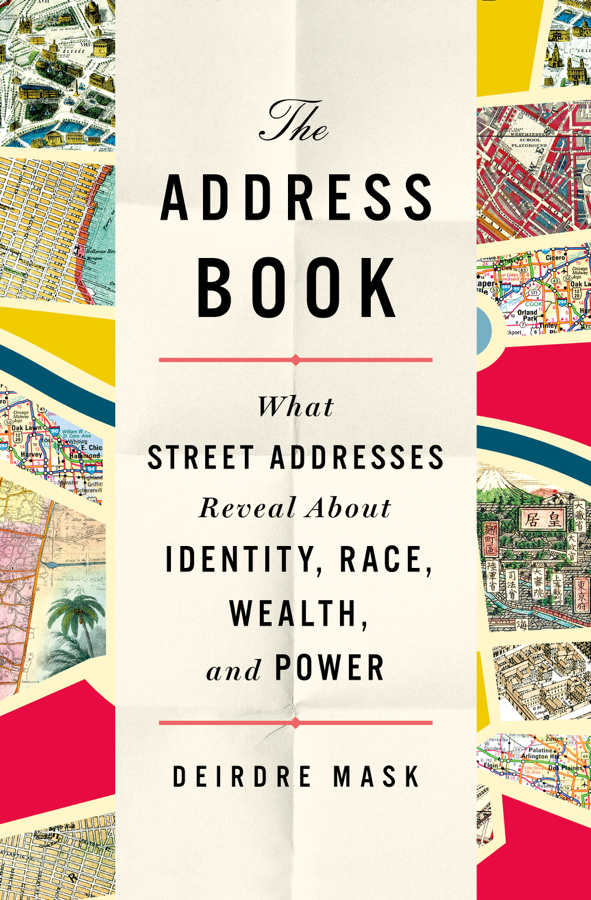Book review: The Address Book by Dierdre Mask

The Address Book by Deirdre Mask is a thought-provoking read that delves into the history and meaning of addresses. Mask expertly guides the reader through the evolution of addresses, from ancient times to the present day, and how they have shaped the way we interact with the world around us.
One of the things I appreciate most about this book is Mask’s ability to make complex historical and sociological concepts accessible to the general reader. She seamlessly weaves together historical anecdotes, personal anecdotes, and academic research to create a narrative that is both informative and engaging.
The book begins by exploring the origins of addresses, and how they were used in ancient civilizations to mark territory and identify individuals. Mask then delves into the evolution of addresses in the modern world, and how they have been used to shape cities and urban spaces. This section of the book is particularly intriguing, as Mask looks at how addresses have been used to create social hierarchies and to control access to resources.
One of the most fascinating sections of the book is where Mask explores how addresses are used to reflect social status. She examines how addresses have been used to create distinctions between the rich and the poor, and how they have been used to mark out neighborhoods and communities. This section of the book is particularly relevant in today’s society, as it highlights the ongoing issues of inequality and social exclusion.
Throughout the book, Mask also explores the personal and emotional significance of addresses. She looks at how addresses can evoke memories and emotions, and how they can shape our sense of identity. This section of the book is particularly poignant, as Mask shares personal anecdotes about her own experiences with addresses, and how they have shaped her understanding of the world.
The Address Book is a book that will appeal to a wide range of readers. Whether you are a history buff, a sociologist, or simply someone who is interested in the world around you, this book has something to offer. It is a thought-provoking and engaging read that will leave you with a deeper understanding of the role of addresses in shaping our world.